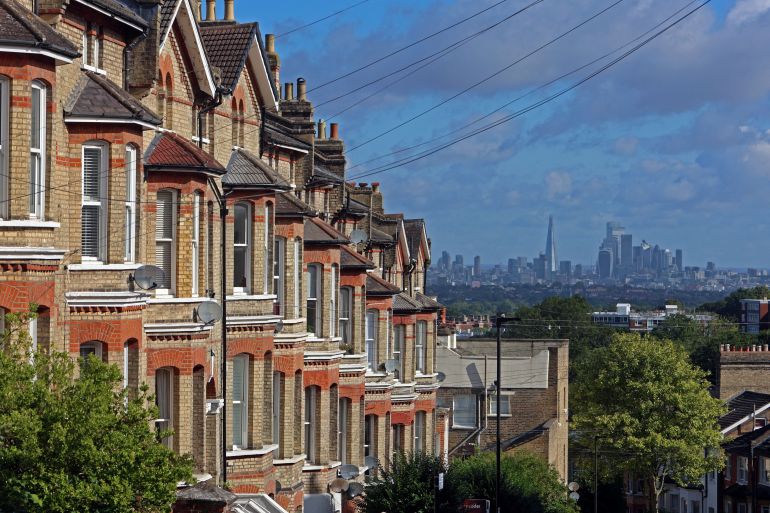Built to house a male workforce under apartheid, hostels are now overcrowded, decaying and largely ignored by the state.
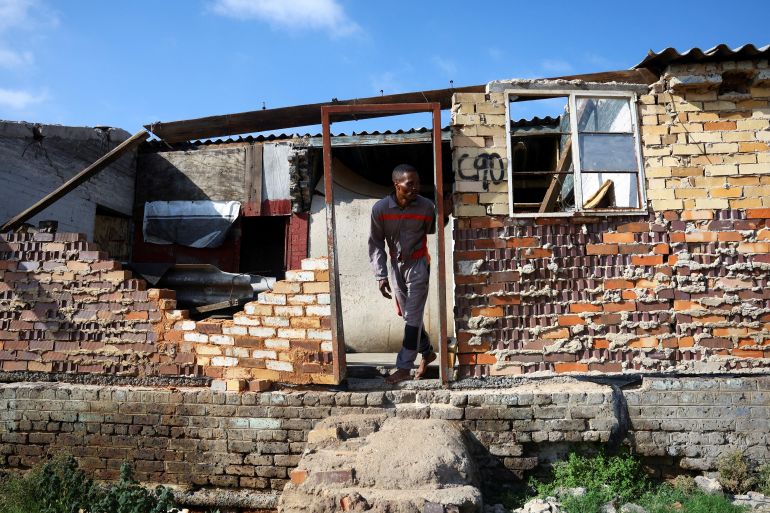
Built to house a male workforce under apartheid, hostels are now overcrowded, decaying and largely ignored by the state.

An apartment block fire that killed 56 people last year has highlighted the dangers of Vietnam’s tiny urban dwellings.
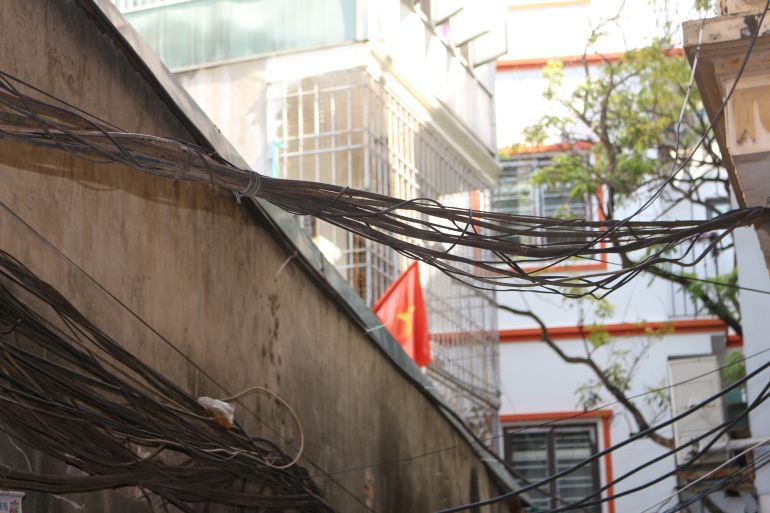
Ahead of key elections, hundreds of thousands in need of homes in opposition-run Western Cape languish on waiting lists.
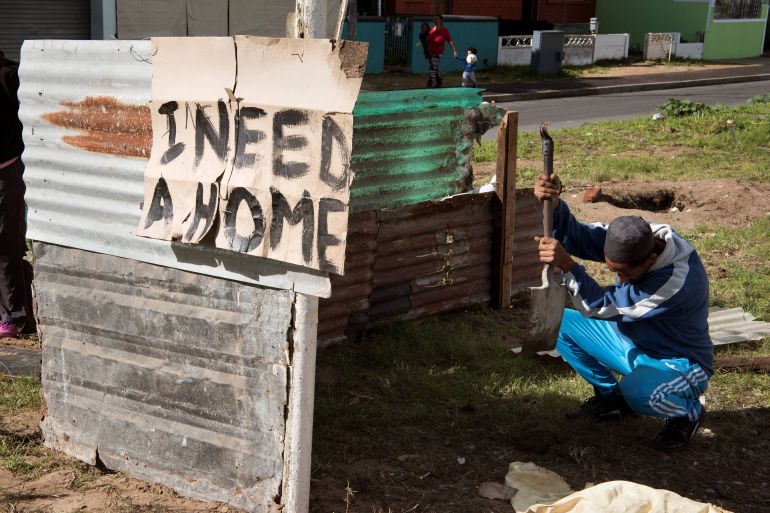
Rights group calls for a halt to the demolition of Muslim properties, calling it a form of extrajudicial punishment.

Amid sparse crowds and demand for land, horses will run their final race in October.

Under threat of eviction, Antonio emerges from his quiet retirement to fight for housing rights in Spain.
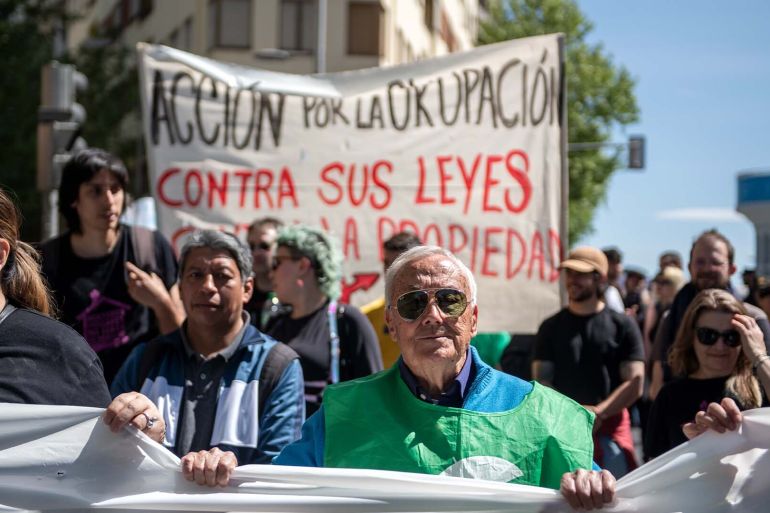
Landlords, including a federal pension fund, are trying to push up rents by nearly 10 percent, aiming to push them out.
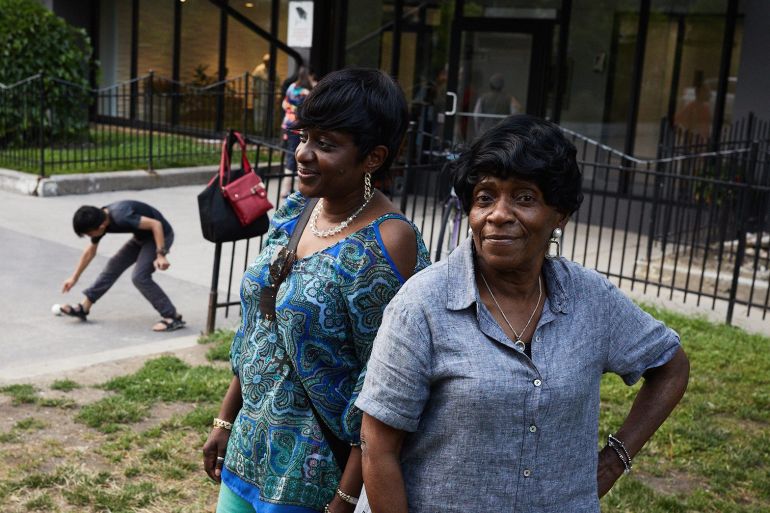
About 40,000 housing units in the besieged enclave were completely destroyed by the Israeli army, Gaza officials say.

At least 76 people died in the fire at a building abandoned by authorities and hijacked by illegal ‘landlords’.

Lack of affordable housing, reduced land entitlements and accelerated housing for the privileged are behind the crisis.

At least one person is dead after storm caused heavy flooding across Caribbean nation and affected hundreds of homes.

As US state assesses wide destruction, residents on Maui say they fear being pushed out in favour of wealthy visitors.
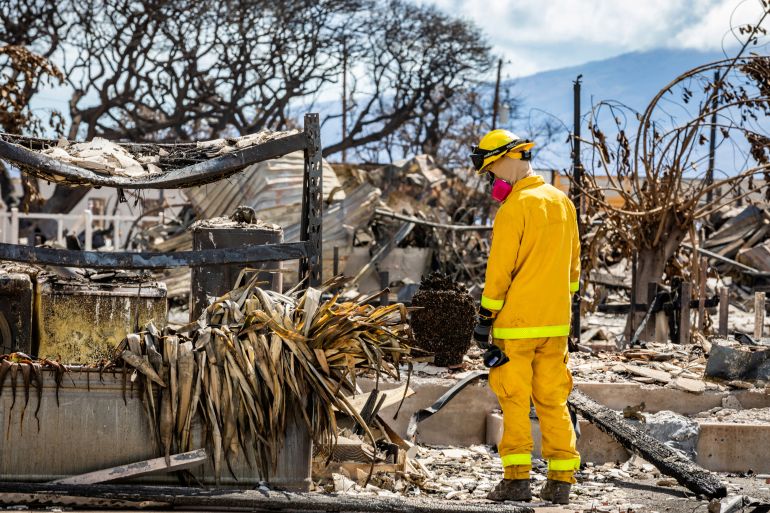
Residents in one of the city’s prime locations are determined to stay put in a government-owned, dilapidated building.

The average house price in July was down 3.8 percent compared with July last year, mortgage lender Nationwide says.
